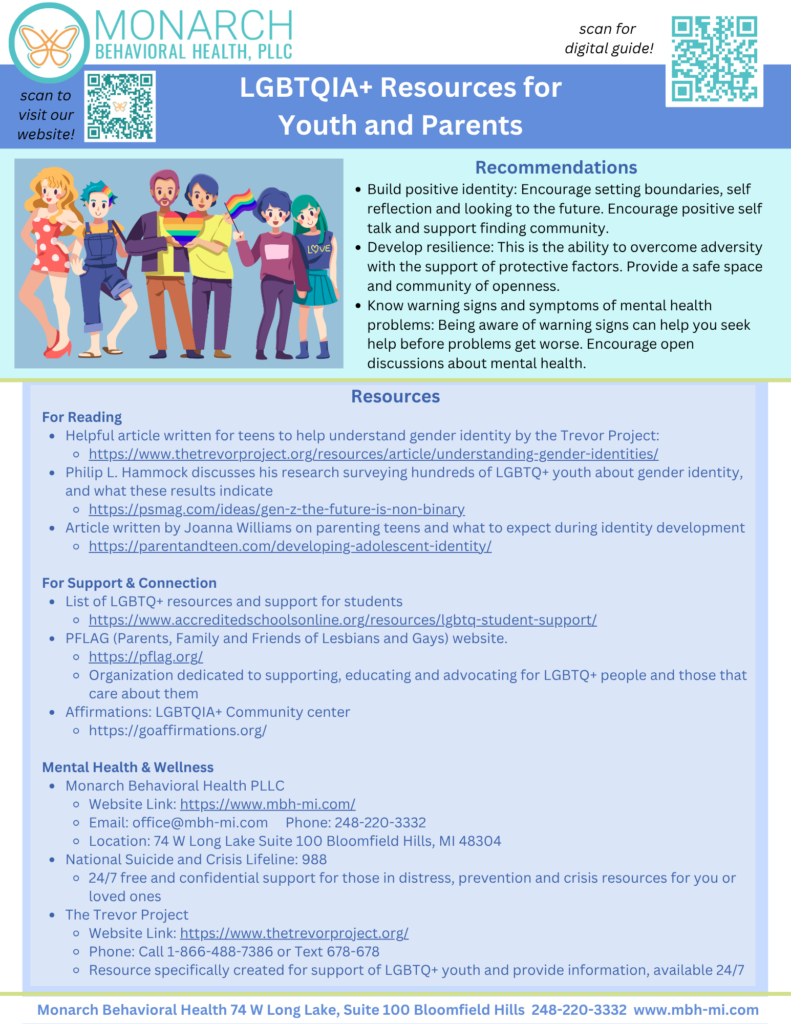Summer Skills Series 1: Build Better Routines, Build Better Minds


We were thrilled by the amazing response to our recent workshop, “Living Your Best ADHD Summer: 5 Easy Breezy Skills.” Many of you reached out, eager for more—and we listened! We’re excited to announce the launch of our brand-new summer blog series, where every other week we’ll spotlight a fresh, practical skill designed to help you boost your or your child’s executive functioning all season long. Whether you joined the workshop or are just tuning in now, get ready for simple strategies, helpful tips, and a summer full of growth. Stay tuned—your best ADHD summer is just getting started!
Let’s Talk Routines: The Secret Sauce to Stronger Minds
If you’ve ever struggled to get your child to brush their teeth without a 20-minute negotiation, you’re not alone. But here’s some good news: building purposeful routines isn’t just about smoother mornings—it’s about helping your child develop essential executive functioning skills like planning, attention, and memory. Yep, routines can actually support brain development!
Executive functioning skills are the brain’s management system. When your child builds a routine, they’re working on things like:
- Planning and organization
- Working memory
- Sustained attention
- Task completion
- Consistency and follow-through
And the best part? You can make this process fun, visual, and even LEGO-based!
Step-by-Step: How to Build a Brain-Boosting Routine
Step 1: Collaborate, Don’t Dictate
Kids thrive when they have a say in their day. So before laying down the law, team up. Ask questions like:
️ “What’s something that feels tricky in the morning?”
“Want to help make a plan that works better for both of us?”
This collaborative approach builds buy-in, reduces resistance, and sets the stage for success.
Step 2: One Routine at a Time
Instead of overhauling your entire day, focus on ONE routine.
Start small:
- Getting dressed in the morning
- Cleaning up toys
- Packing a sports bag the night before
Choose just one. Master it. Then move to the next.
The pattern of routine building will transfer to new tasks, but it’s best to build the skill on just ONE routine.
Step 3: Break It Down—And Make It Visual
Executive functioning is easier to develop with clarity. Many tasks ADHDers struggle with might seem simple, but when we really break them down into concrete steps, we realize there’s a lot to remember and so many ways to get off track!
Break each routine into small, doable steps. Make them concrete.
For example, the “Get Dressed” routine could look like:
- Pick out clothes
- Put on underwear and socks
- Shirt on
- Pants on
- Comb hair
Pair each step with a picture, drawing, or even photos of your child doing each task. Visual supports make abstract tasks feel real and achievable.
Step 4: Model It Together (and Celebrate the Effort!)
Do the routine with your child at first. Narrate what you’re doing and highlight their engagement:
- “Wow, you really stayed focused!”
- “I love how you remembered the socks today!”
Praise effort, not outcome. A missed step isn’t a failure—it’s an opportunity to notice attention, persistence, and growth.
Step 5: Cue and Celebrate Independence
As your child gains confidence and consistency in completing the routine,, start cueing the steps instead of doing them together:
- “What’s the first thing you do after picking clothes?”
- “What’s next on your routine chart?”
When they complete a step independently, celebrate!
A high five, a hug, or a shout-out at dinner can go a long way.
Step 6: Support Smarter with Scaffolding
Some kids need a little more support—and that’s perfectly okay. Tailor the tools to their strengths:
- Visual learners? Use colorful picture schedules or drawings they help create.
- Auditory learners? Set reminders on Alexa or record fun sound cues.
- Hands-on learners? Use toys to represent each step—like LEGO stations that guide the way through a bedtime routine.
The key is to make the structure supportive, not stressful.
Final Thoughts: Routines Are Brain Workouts in Disguise
By building purposeful routines, you’re doing more than creating structure—you’re helping your child grow their mental muscles. Executive functioning doesn’t come naturally to every brain, but with support, modeling, and encouragement, it can be developed over time.
So whether you’re tackling the morning madness or bedtime battles, remember: it’s not about perfection—it’s about progress, praise, and connection.
















Recent Comments